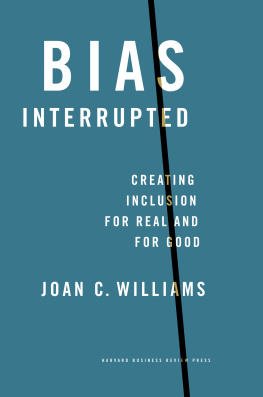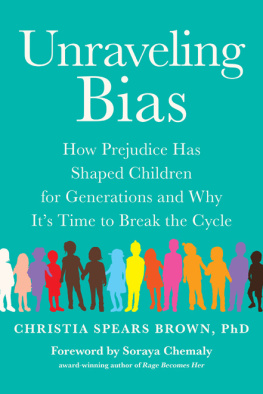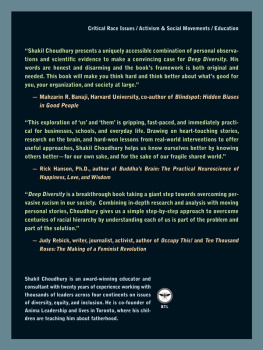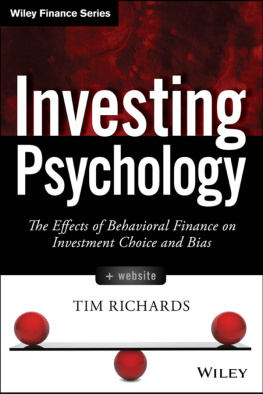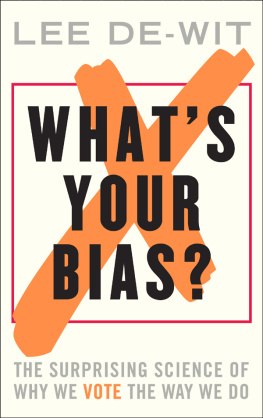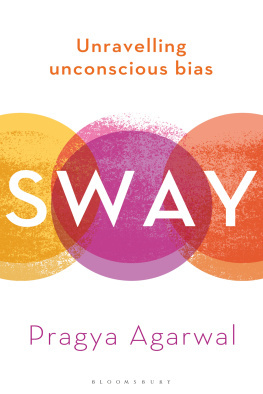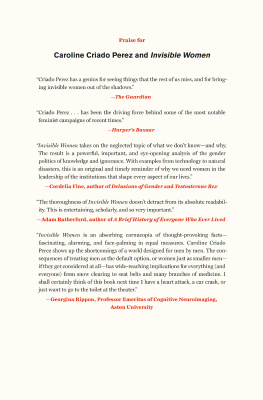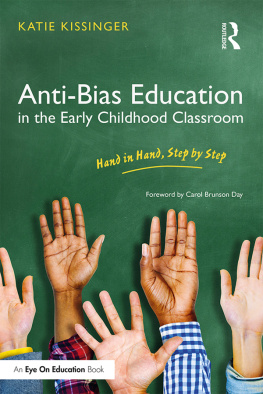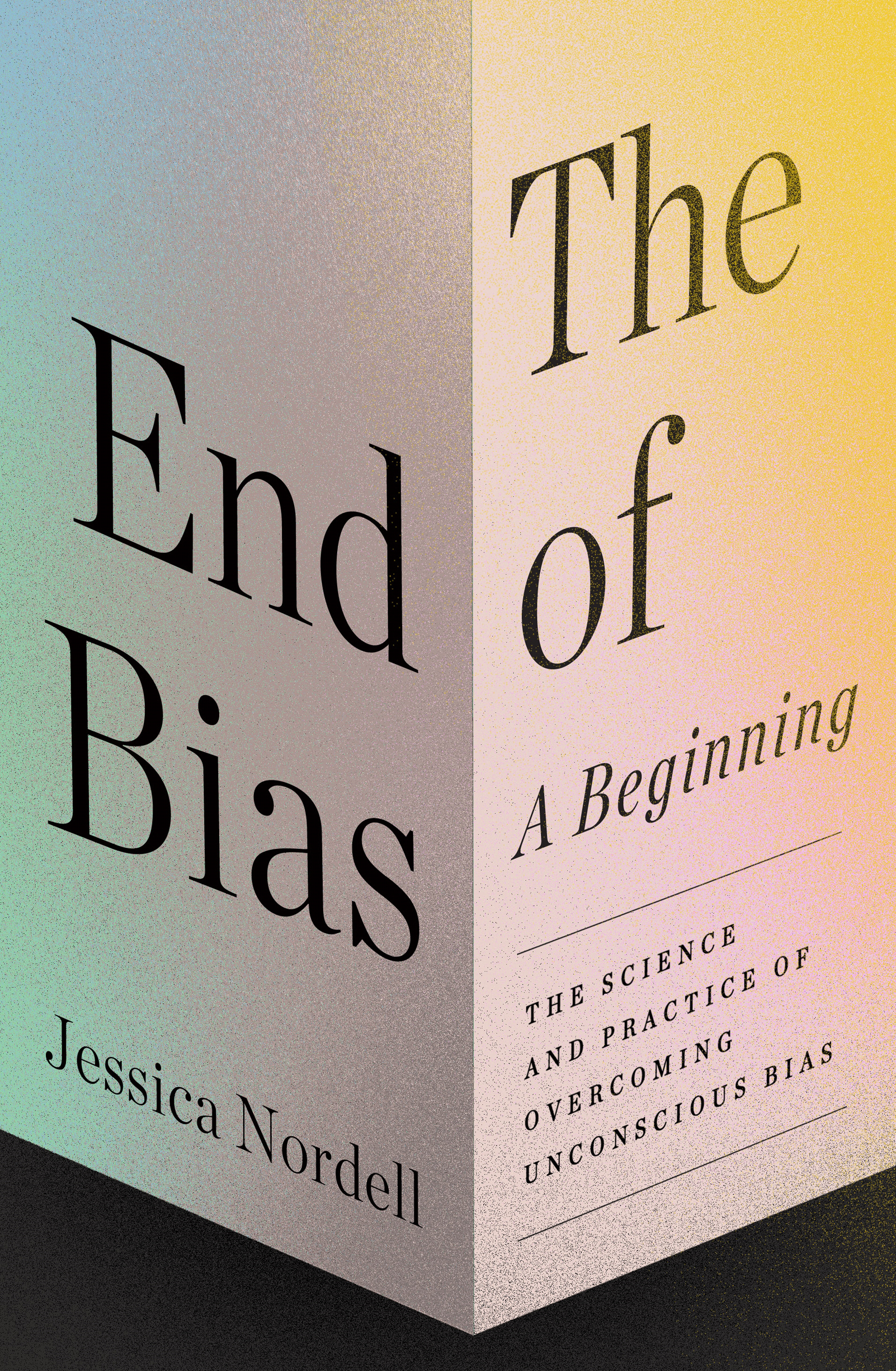Contents
Guide
Pagebreaks of the print version

The author and publisher have provided this e-book to you for your personal use only. You may not make this e-book publicly available in any way. Copyright infringement is against the law. If you believe the copy of this e-book you are reading infringes on the authors copyright, please notify the publisher at: us.macmillanusa.com/piracy.
now waking
making
making
with their
rhythms some
thing torn
and new
Kamau Brathwaite, from The Arrivants
Years after his cancer treatment, Ben Barres recalled how hed phrased the request to his oncologist. While youre removing my breast, hed asked, could you please take off the other one? Cancer ran in the family, so the doctor agreed, but the truth is Barres just wanted the breasts gone. Christened with a girls name and raised as a girl, hed never been at ease with that identitynot as a four-year-old, feeling he was a boy; not as a teenager, uncomfortable with the changes of puberty; not as an adult, squeezed into heels and a bridesmaid dress. This was 1995. It was before Laverne Cox and Caitlyn Jenner were household names, before a Google search for transgender provided legal advice, before Google. Barres didnt understand what being trans was. But the double mastectomy was an enormous relief. A year later, he read an article about a trans man, and the lights came on.
Barres was eager to begin hormone treatment, but he had a major concern: his career. At forty-three, he was working as a neurobiologist at Stanford and had recently made a groundbreaking discovery about the significance of the glia, brain cells whose role had been previously underestimated. Others in the scientific community had always perceived him as a woman. He had no idea how they would respond to this change. Would students stop wanting to join the Barres lab? Would invitations to conferences disappear?
The scientific community did react, but not in the ways Barres had feared. After his transition, people who did not know he was transgender started listening to Ben more carefully. They stopped questioning Bens authority. Ben, middle-aged, White, and male, was no longer interrupted in meetings. He was, again and again, given the benefit of the doubt. He even received better service while shopping. At one conference, a scientist who didnt know Ben was transgender was overheard saying, Ben gave a great seminar todaybut then his work is so much better than his sisters.
Barres was astonished. Before his transition, he had rarely detected sexismeven overt examples hadnt registered. Once, when Barres was an undergraduate at MIT, and the only person in a math class to solve a hard problem, the professor said, Your boyfriend must have solved it for you. Barres was offended. He had solved it himself, of course. He didnt even have a boyfriend. But he didnt think of the comment as discriminatory because he thought sexism had ended. And even if it hadnt, he didnt identify enough as a woman to think sexism could apply to himhe was just furious to have been accused of cheating. Pre-transition, Barres assumed he had been treated like everyone else.
Now he had stunning evidence to the contrary. It was almost a scientific experiment: he had the same education, same skills, same achievements, same capacity. All the variables had been held constant except one. Barres saw, with searing clarity, that his daily encounters, his scientific career, his life had all been shaped by the gender others saw, in ways that had been invisible even to him. Before transitioning, his ideas, contributions, and authority had all been devaluednot overtly, generally, but in a way that was noticeable when that devaluing suddenly vanished. Now, the differences in the ways men and women are treated were discernible, the way new patterns appear on flower petals under ultraviolet light.
So when, in 2005, the president of Harvard University, Larry Summers, famously opined that the dearth of women in science might be due to innate differences between their capabilities and those of men, Barres couldnt stay quiet. He penned a cri de coeur in Nature that demanded the scientific community pay attention to bias.
This is why women are not breaking into academic jobs at any appreciable rate, he said. Not childcare. Not family responsibilities. After working in science as Ben, he added, I have had the thought a million times: I am taken more seriously.
Its not that Barres never encountered barriers and bias, he told me of his career before his transition. It was just that I didnt see it.
Many of us have experiences with others that lead us to wonder whether bias is playing a role. But those of us who have not lived through a dramatic discontinuity in how we appear to the outside world may not have the opportunity to confirm these hunches. We may be able to verify them to ourselves if we lose or gain significant weight or acquire a visible disability. We may see them if we travel to countries where our skin color carries a different meaning, like the Black student who told me about the strange sensation he felt while traveling in Italy, which he realized was the feeling of not being followed in stores by suspicious salespeople. People in heterosexual marriages whose spouses undergo a gender transition often come to recognize how much validation theyd previously received for being part of a heterosexual couple. Eventually, many of us will feel the discrimination and disrespect that await the elderly. But often the bias we encounter remains difficult to pinpoint.
While it is challenging to know how much of a role bias is playing in any given interaction, a growing body of studies confirms that there are differences in treatment across nearly every realm of human experience and a dizzying variety of social groups. In the best of these studies, only one marker of identity is changed and all other variables remain constant. Studies have found that if youre a prospective graduate student with a name that sounds Indian, Chinese, Latino, Black, or female, youre less likely to hear back from faculty members than if your name is Brad Anderson. If youre a same-sex couple, youre more likely to be denied a home loan than a heterosexual couple; you may also be charged higher fees. If youre a White job applicant with a criminal record, one study found, youre more likely to get a callback than if you are a Black job applicant with a criminal recordand without one.
The list goes on. If youre Latino or Black, youre less likely to receive opioids for pain than a White patient; if youre Black, this is true even if youve sustained trauma or had surgery. If you are an obese child, your teacher is more likely to doubt your academic ability than if you are slim. If your hobbies and activities suggest you grew up rich, youre more likely to be called back by a law firm than if they imply a poor childhood, unless youre a woman, in which case youll be seen as less committed than a wealthy man. If you are a Black student, you are more likely to be seen as a troublemaker than a White student behaving the same way. If you are a light-skinned basketball player, announcers will more likely comment on your mind; if you are dark-skinned, your body. If youre a woman, your medical symptoms will be taken less seriously; if youre a woman seeking a job in a lab, you will be seen as less competent and deserving of a lower salary than a man with an identical rsum. Pursuing an academic fellowship, one classic study found, you must be 2.5 times as productive as a man to be rated equally competent.


